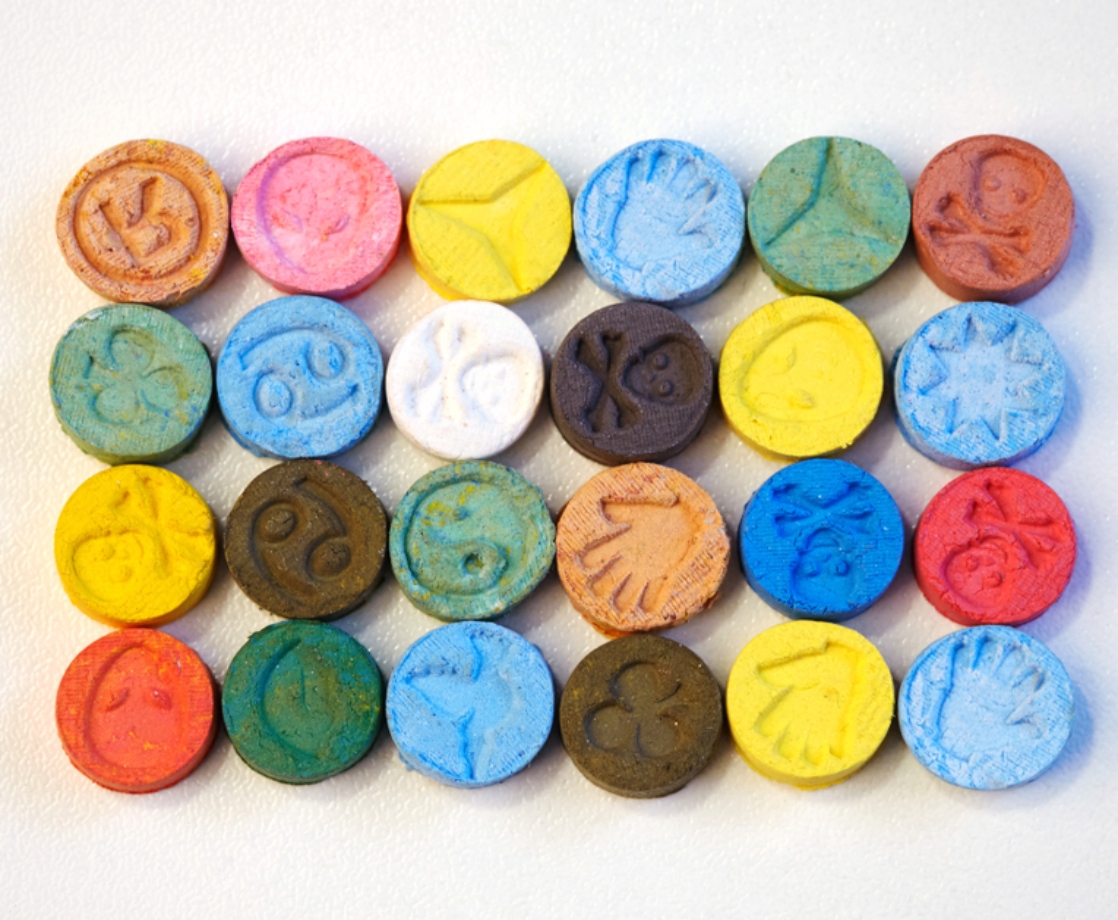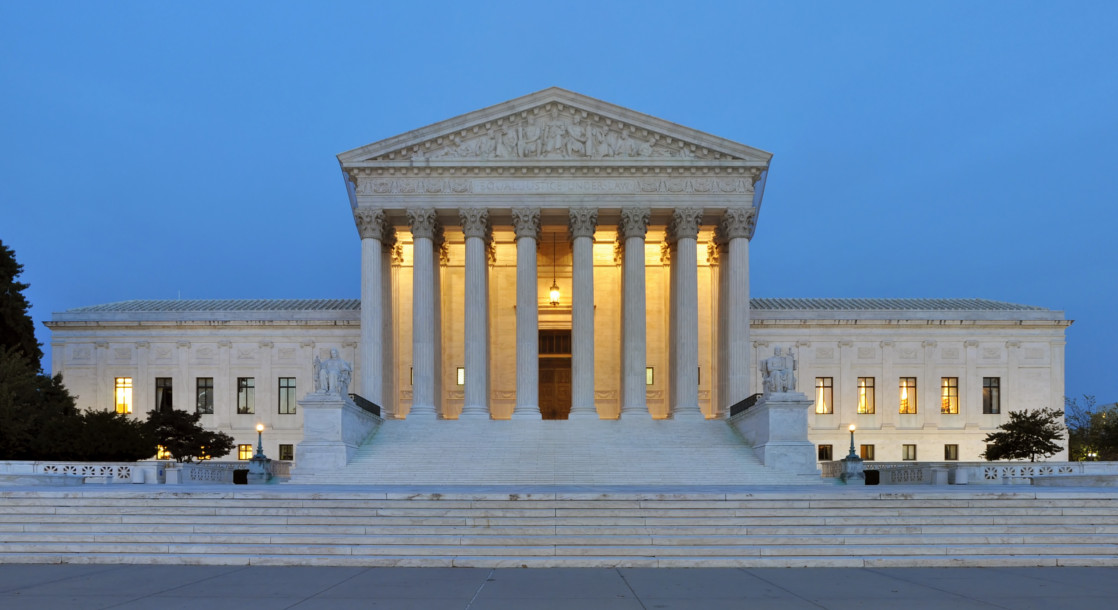As the stigma against “recreational” drugs deteriorates, scientists are realizing that several former “party” drugs, like ecstasy (MDMA) and Special K (ketamine), actually have powerful therapeutic potential. Earlier this year, the Food and Drug Administration (FDA) approved ketamine to fight treatment-resistant depression, and the agency is currently making moves to approve MDMA to help treat post-traumatic stress disorder (PTSD.)
Over the past decade, the FDA has granted approval to a number of clinical trials exploring the effectiveness of MDMA as a treatment for PTSD. These studies, many of which were funded by the Multidisciplinary Association for Psychedelic Studies (MAPS), have shown extremely promising results. The most recent of these studies reports that around half of all participants no longer met the criteria for PTSD after only two or three MDMA-assisted sessions.
“We weren’t expecting that magnitude of results,” said Brad Burge, MAPS’ director of strategic communications, to the Philly Voice. “We were expecting some benefits, but that’s actually tremendous.”
Based on the strength of this research, the FDA has labeled MDMA-assisted psychotherapy as a “breakthrough therapy,” allowing the agency to fast-track its approval process. The FDA is conducting a final round of trials at 14 institutions in the US, Canada, and Israel. If these trials are successful, the agency is expected to approve MDMA treatments by 2021. If this happens, doctors will be able to prescribe MDMA to any PTSD patient, as long as it is used in a controlled therapeutic setting.
Pennsylvania residents may not need to wait until 2021 to experience the therapeutic effects of ecstasy, however. MAPS is currently working with at least twelve different institutions across the US to begin psychedelic-assisted therapy next year, before the FDA even officially approves this therapy. Two of these sites, The Landing and the SoundMind Center, are both located in the Philadelphia area.
The FDA’s expanded access protocols allow patients suffering from serious or life-threatening conditions to get early access to treatments that have yet to receive full approval. PTSD qualifies as a life-threatening condition due to its association with depression and suicide. In order to qualify for expanded access, patients must have already tried other forms of medication and therapy, without success.
When it opens this September, The Landing will begin offering ketamine-assisted therapy to individuals suffering from treatment-resistant depression. Starting in January, the center hopes to begin offering MDMA-assisted therapy sessions.
“It’s all very new and I think it needs to be done in a careful and nuanced way,” Dr. Samy Badawy, founder of The Landing, said to the Voice. “Reintroducing and reopening this door of working in expanded states – I think we have to be responsible and not really waste this opportunity to hold this work in a very careful and judicious way. This is not really about repeating the 1960s.”
The SoundMind Center is also planning to begin MDMA-enhanced therapy, but will focus its services toward marginalized populations. Dr. Hannah McLane, the center’s founder, told the Voice that people of color often suffer from traumas related to racial injustices and neighborhood violence.
“This leads to higher rates of PTSD in communities of color and this can also be more difficult to treat due to the ongoing nature of it,” McLane explained. “We want to make sure to put significant resources towards addressing this inequality, as higher rates of PTSD in the population can cause ripple effects that serve to worsen the already unequal and unjust system.”
MAPS is also conducting a new study to specifically research how MDMA can treat traumas experienced by people of color, LGBTQ+ individuals, and other marginalized groups. This research is not yet complete, but MAPS believes that the final results will help convince the FDA to fully accept the therapeutic potential of this once-maligned medicine.











